What is DMT?
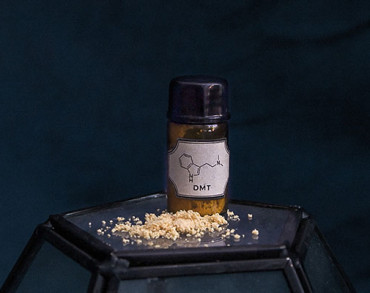

DMT is a hallucinogen that produces similar effects to LSD and magic mushrooms. We take a closer look at what it is, and how it works.
DMT, or N-dimethyltyptamine, is a hallucinogenic tryptamine drug that occurs naturally in many plants and animals. It produces similar effects to psychedelic hallucinogens like LSD and psilocybin, and is also known as fantasia or the spirit molecule due to the intense psychedelic experience it produces.
DMT is a white crystalline powder that is derived from certain plants found across the world, but especially in South America. It can also be made in a lab. It is typically smoked or vaporised in a pipe, or consumed orally in brews like ayahuasca.
Stay safer by staying informed. Sign up to receive alerts and notifications about any dangerous drugs in NZ. Check out the alerts page to see what we've already found.
What are the effects of DMT?
The main effect of DMT is psychological, with intense visual and auditory hallucinations, euphoria, and an altered sense of space, body and time. It has been described as incredibly intense, like a near-death experience, and it can be overwhelming or frightening.
The effects of DMT can be influenced by a number of things, including how much is taken, age, a person’s mood and personality, as well as environmental factors. Some general effects can include:
- Increased heart rate
- Increased blood pressure
- Chest pains or tightness
- Agitation
- Dilated pupils
- Rapid rhythmic eye movements
- Dizziness
- Nausea, vomiting
Reports on the comedown vary, with some people reporting feeling unsettled or disturbed for weeks after taking DMT. Some people also report having difficulty processing the trip into their real life, and their sense of self.
What are the risks of DMT?
DMT is structurally related to serotonin, the brain chemical responsible for feelings of wellbeing and happiness. This means there is an increased risk of developing serotonin syndrome, a potentially lethal condition that occurs when the body builds up an excessive amount of serotonin. This risk is increased if you’re already taking anti-depressants. Symptoms include agitation, confusion, very high temperature, possibly coma and death.
DMT’s physical side effects of raising both heart rate and blood can be risky, especially if you have a heart condition or already have high blood pressure. Other risks include seizures, loss of muscle coordination which increases the risk of falling and injury, respiratory distress, and confusion.
Like other hallucinogenic drugs, there may also be long term psychological effects such as persistent psychosis and Hallucinogen Persisting Perception Disorders (HPPD). These conditions are rare and can happen to anyone, although research shows it’s more often observed in people with a history of psychological problems.
While no drug use is safest, there are some steps that can help reduce the risks.
- Lower dosages usually pose less risk.
- Avoid repeated dosing.
- Avoid mixing alcohol and other drugs as the combined effects can be unpredictable and increase risk – especially anti-depressants.
- Try to stay in a safe and calm environment.
- As with all drug use, it’s better to have people around that you trust and who have knowledge of first aid.
If you think someone is suffering from a medical emergency, call 111 immediately and ask for an ambulance. Always tell emergency responders what someone has taken – you won’t get in trouble and it could save a life.
If you’re worried about your own drinking or drug taking, you can reach out to the Alcohol Drug Helpline on 0800 787 797, or text 8681. You'll be able to speak with a trained counsellor who can provide you with helpful information, insight and support. They’re available 24/7, all calls are free and confidential. You can also chat to them online through the website.
Latest Articles
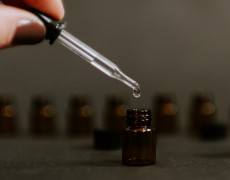
24 Apr 2024
Increased harm linked to the use of GBL-type substances in New Zealand
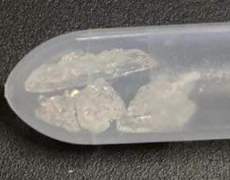
23 Apr 2024
Industrial chemicals sold as methamphetamine
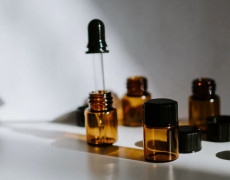
15 Apr 2024
Thinking of using GBL/GHB?
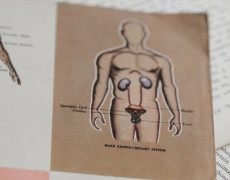
12 Apr 2024
Ketamine and bladder damage – know the risks
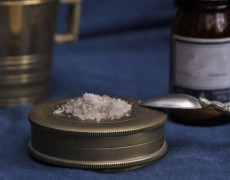
8 Mar 2024
Synthetic cathinones explained
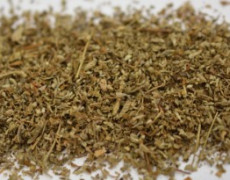
22 Feb 2024
What’s happening with synthetic cannabinoids?
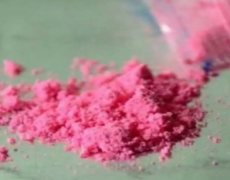
31 Jan 2024
What is tuci?
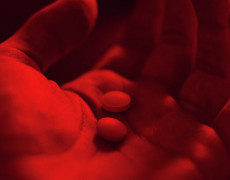
19 Jan 2024
Answering some common questions about MDMA

10 Jan 2024
Understanding the risks of the comedown

5 Jan 2024
Looking after your mental health
